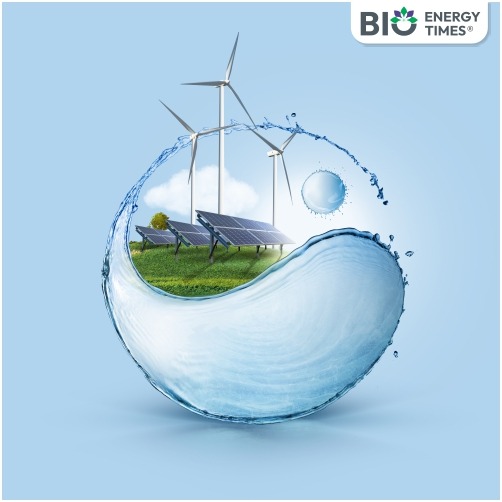The Mexican Ministry of Energy (Sener) is moving forward with its strategy to regulate and promote biofuel production across the country, aligning with President Claudia Sheinbaum’s vision for a sustainable energy future, reports Opportimes.
Official reports from October 2024 to August 2025 show that Sener is actively overseeing the sector, having issued 42 valid permits. These include 7 for production, 16 for sales, and 6 for transportation. An additional 13 formal notices were registered, ensuring ongoing oversight of the national supply chain.
The country’s potential production capacity is significant, with estimates reaching 112.5 million liters of ethanol and 36,000 cubic meters of biomethane. Currently, most active permits for biodiesel are focused on its distribution and transport, reflecting the current state of the industry.
A government official outlined the broader strategy. “Our focus is on creating a clear and effective framework that encourages the orderly growth of biofuels in all of Mexico’s regions,” a Sener representative said. “We are actively supporting projects for biomethane and waste heat, and we are making progress with airlines to introduce biofuels for aviation.”
The government is also coordinating with the state-owned energy companies, CFE and Pemex, on strategic plans to ensure their long-term goals support national objectives. This effort is part of a wider push that recently saw the passage of the new Biofuels Law.
President Sheinbaum’s administration has made the energy transition a central priority, advocating for a model that combines energy sovereignty with technological innovation. The recently enacted Biofuels Law is a key part of this plan. The law specifically promotes the production of fuels from organic waste and crops that do not interfere with food supplies, while also encouraging the mixing of biofuels with traditional gasoline. This initiative is designed to provide Mexico with cleaner, more competitive, and diversified energy options.














